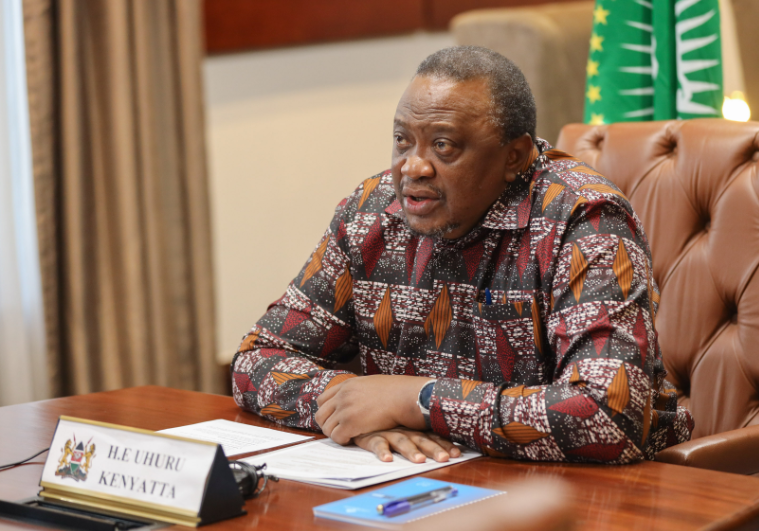Why Ethiopia should abandon Somaliland deal

Ethiopia signed a naval military base deal with the separatist Somaliland region on January 1 this year, leasing 20 kilometres (12 miles) of coastline in the Zeila area for 50 years.
The deal also reportedly links the sea access with Ethiopia’s formal recognition of Somaliland. Specific details of the Memorandum of Understanding have not been published, but this is an unprecedented move by Ethiopia as it violates the UN and African Union (AU) Charters.
The AU chairperson refrained from condemning Ethiopia’s action but urged that it is imperative to respect unity, territorial integrity and full sovereignty of all African Union member states. Somalia accused Ethiopia of aggression, and of undermining its territorial integrity.
Somalia’s Parliament immediately passed a law, already signed by President Hassan Sheikh Mohamud, that nullified the agreement. Ethiopia appears undeterred and followed a week later by a military cooperation discussion with Somaliland region which has sparked fears of a military confrontation with Somalia.
In October last year, Ethiopian Prime Minister Abiy Ahmed warned that his country’s existence was tied to its access to the Red Sea, and that it was determined to get its wish.
This alarmed the region, with Eritrea responding that it would defend its territory at all times. Ethiopia had access to the seaports of Massawa and Assab until 1991 when the Eritrea region which, until then was part of Ethiopia, gained its independence.
It has since used Djibouti for 90 per cent of its commercial maritime activities. It has also signed an agreement with Kenya for the use of Lamu port once the LAPSSET project to link its border with road and rail is completed.
In 2019, Ethiopia bought a 19-per cent stake in the Port of Berbera with Somaliland retaining 30 per cent and Dubai’s DP World holding 51 per cent in a deal where it will manage the port for 30 years.
The deal between Somaliland and Ethiopia came a few days after President Hassan and Somaliland region’s leader, Musa Biihi, met in Djibouti to resolve their differences. Somaliland has long sought to break away from Somalia after the region was attacked in 1988, and atrocities committed by Somalia’s military under former President Mohamed Siyad Barre.
The region’s leaders find it difficult to forget that dark past and reconcile with the South. Siyad Barre was shortly forced out of power and died in exile. Mogadishu itself descended into a civil war in 1990 that killed hundreds of thousands.
Ethiopia’s assertion that it cannot survive without the Red Sea is not new. In particular, its desire to access the Sea via Somalia has been a mission for a long time.
During a conversation with British officials in 1927 in Addis Ababa, it enquired as to the possibility of some arrangement being made for cession or lease of Zeila port to Abyssinia. Djibouti-Addis Ababa railway was built in the beginning of the 20th century in part to address this issue.
If indeed, commercial maritime services are the concern, it already has access to both Berbera and Djibouti. It has also reportedly held several discussions with Somalia on the use of its ports. If it improves its relations with Eritrea, it also has access to Asmara and Assab.
As Somalia seeks international support over the controversial agreement, with muted responses from IGAD and other Arab states which are allies of the US, Ethiopia seems determined to go ahead. It has a political leverage over the political leaders in Somalia. Many owe their leadership to its military involvement in the country.
Most of the so-called regional presidents are allies of Ethiopia, and have Ethiopian military stationed in their regional capitals. The country has been under UN arms embargo for decades, lacks military capability and has a fractious political environment. Ethiopia hopes it will capitalise on all this to crystalise its deal which has a wider potential for conflict in the region.
— The writer is former Senator for Mandera County











